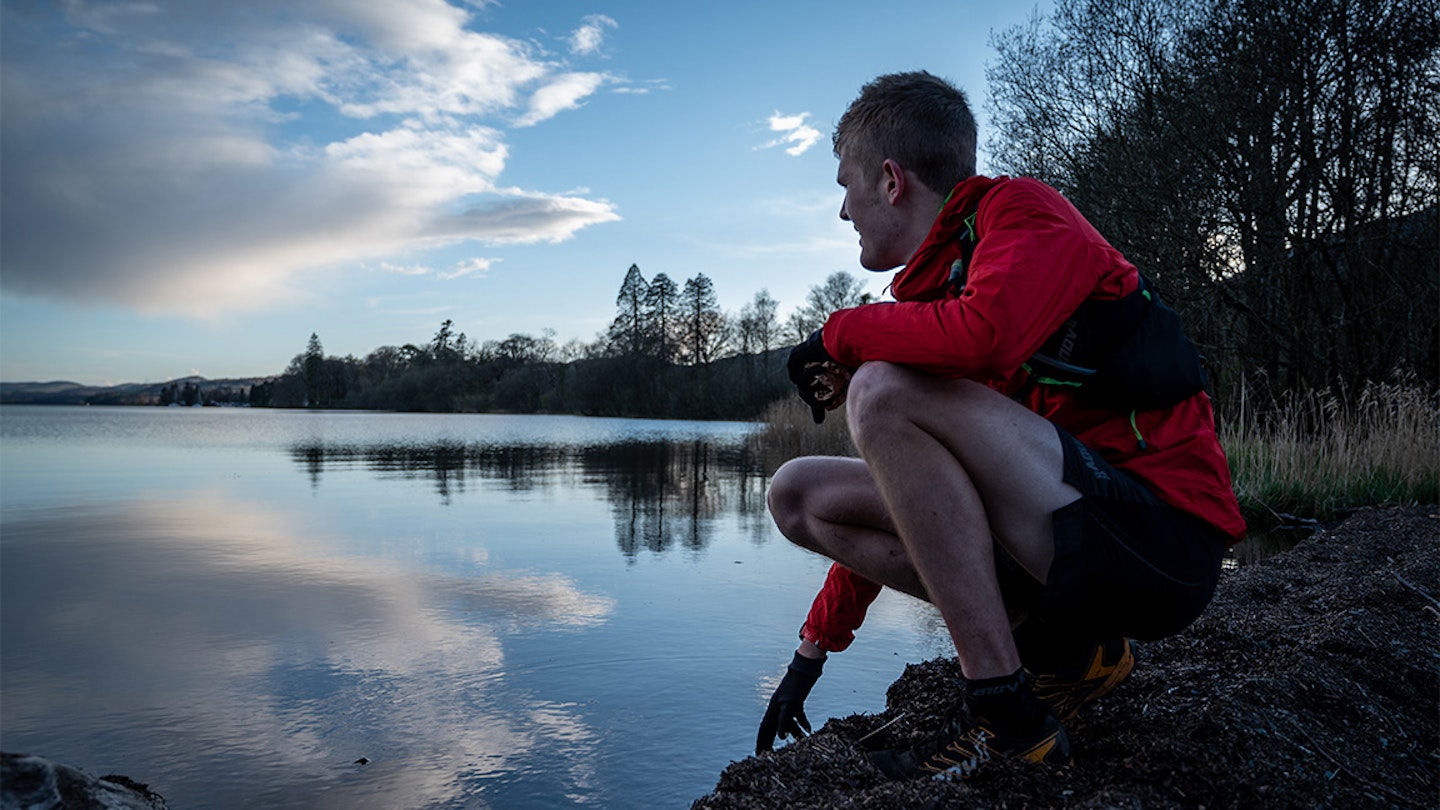Getting injured as a runner can feel like an insurmountable challenge, maybe the hardest you’ve ever had to grapple with. But why do we struggle so much with setbacks as runners? For the same reason why it’s so hard to follow the physio’s simple decree of “rest and don’t run”, we rely on running for more than its fitness benefits.
Especially for off-road and endurance runners, we don our trail running shoes and head out the door not only for fresh air and to explore the great outdoors, but in search of peace of mind and a momentary escape from our everyday worries. The euphoria of the ‘runner’s high’ is farther reaching than mere endorphins, it’s psychological.
You’ve likely heard a fellow runner say that running is their therapy. But what happens when this gets taken away and you’re no longer able to run? Injury and setbacks are ever-threatening possibilities for runners, always looming in the periphery alongside overtraining and burnout. Learning to manage an injury when it arises, and building a coping strategy when it comes to the mental ramifications, could then be the most useful tool in your running arsenal.
Motivational speaker, record-holder and ultra runner Alex Staniforth is no stranger to setbacks and adversity. From dealing with epilepsy and stammering as a child, to becoming a survivor of the two biggest disasters in Mount Everest history as a teen, at 26 Staniforth has already had to overcome more than his fair share of challenges.
Here, he takes us through with us his own experiences with Long Covid and mental ill health, sharing useful tips on how to cope with unforeseen challenges as runners.
How did you first get into running?
“I hated exercise as a kid. I detested sports and any form of fitness really. I found the outdoors by chance on a first trip to the Lake District when I was 14. It completely blew my mind and just made me realise what’s out there.
“My dad was a big marathon runner, he’d ran London Marathon about three times. He was my inspiration. My stepmum set a two euro bet that I couldn’t go and join him for a mile run when on holiday in France. That was a lot of money back then. I took the bet and moaned the whole time. Then, I realised that I could do it. Ever since then, I’ve just wanted to push the bar and do more and more."
What first comes to mind when asked why you run?
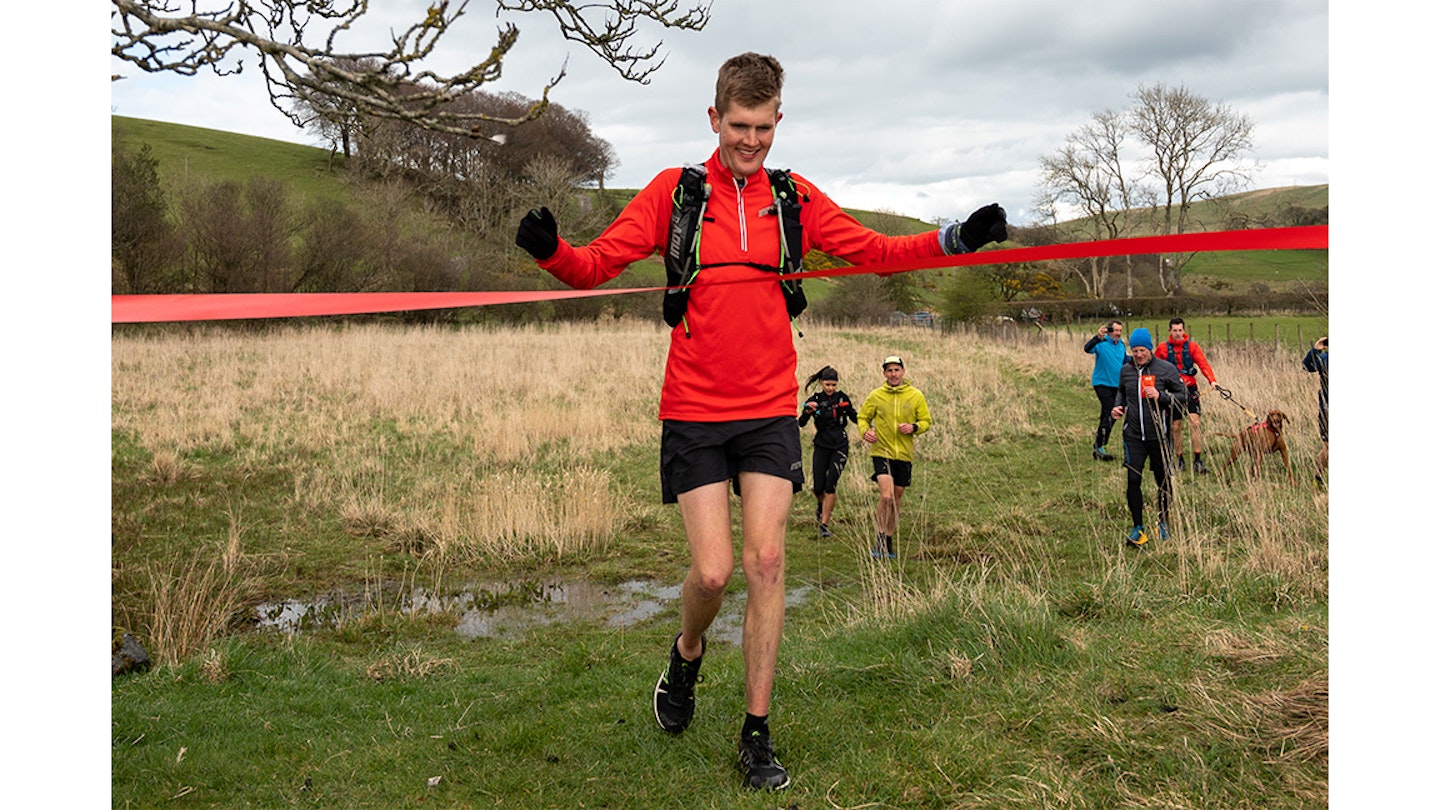
“There’s lots of reasons, and I think you realise them more when you can’t run. Over the last year, I’ve had to experience that more and more. I think for me, running just makes life so much more meaningful. It adds balance, direction, and a way to cope and manage life. For me, it’s about finding those things that get us out the troughs and keep us on the peaks, and running for me is the quickest way to do that.
“It’s so accessible. Whether you want to run Parkrun or do an ultra marathon. Now that I’ve run, I can’t really imagine a life without it. For me, running is the most powerful antidepressant that I’ve ever tried.”
During your running journey, have you found yourself prone to injury?
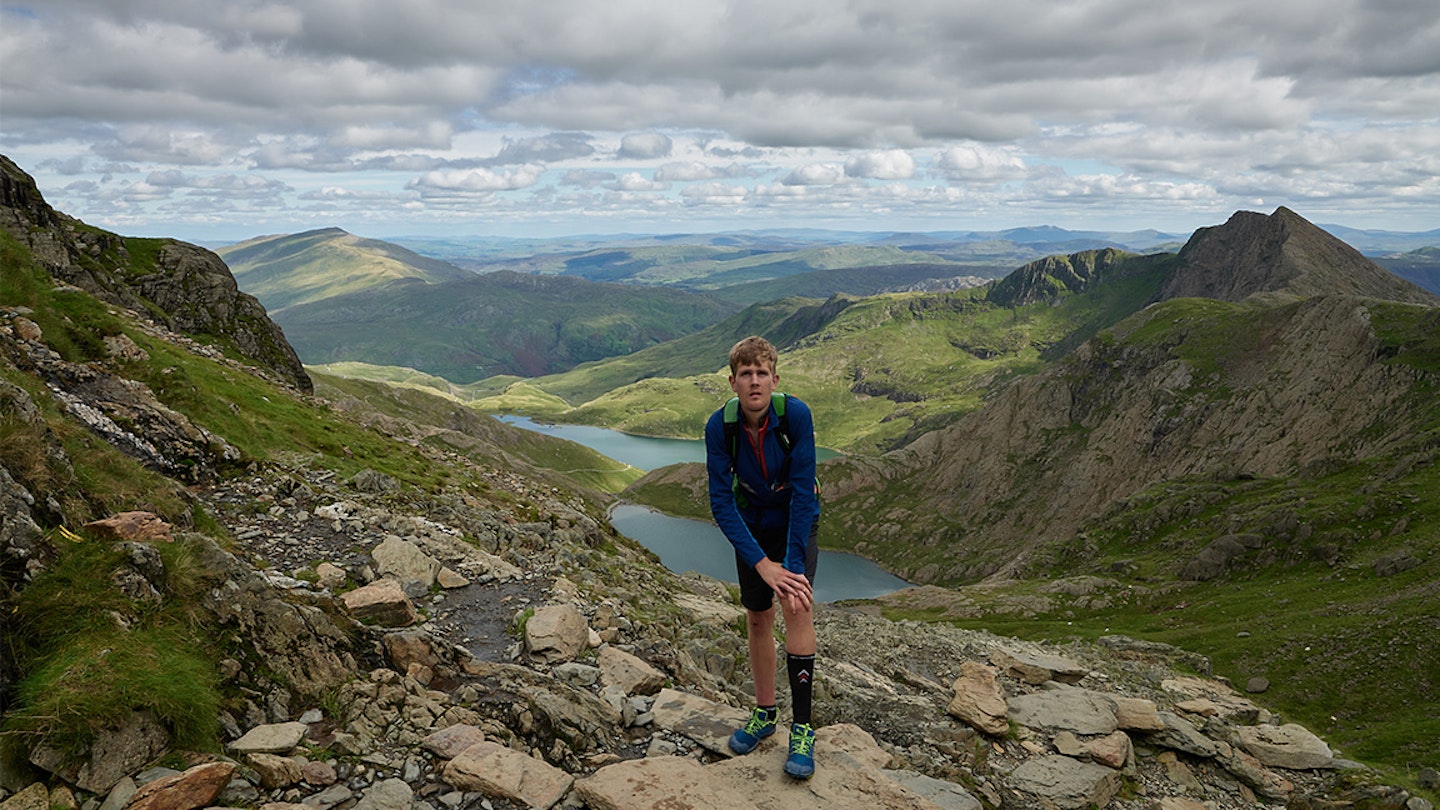
“I started running properly in 2011, which is more than 12 years ago now. I’ve always been quite injury-prone. I’ve always wanted to really push the bar and set the next challenge, just to discover what’s possible. That naturally sets you up for injury.
"To get to any decent level, it’s a risk we all take. If you want to perform at the best, you’re going to have to push the bar too much sometimes. Being younger, I probably bounce back better than some. But I’ve always had the typical things like sprained ankles, tendonitis, shin problems, nothing too major.
“It was quite early on in my running career that I had a problem with shin pain. I couldn’t run, cycle or climb without pain for nearly a year. This was when I’d just got into running, so not being able to all of a sudden and having all those goals and progress taken away from me was what triggered a big bout of anxiety and depression.
“It was the first time I’d really dealt with that. Suddenly it’s out of your control and no one can really tell you how long it’ll be, or what you can do. As runners and athletes, we always want to put a timescale on things and suddenly, I couldn’t. It was a good experience because it makes you more careful and more planned with your training. It makes you a better athlete in the long-run.
“Since then, the main thing has been over the last 12 months when I got Long Covid. I conveniently got it two days after a 100 mile run, which isn’t the best combination. That has been the worst set-back that I’ve had. I’ve never had this long off from running in my life. I’m literally at ground zero in terms of fitness, and still trying to get back.”
How do you deal psychologically with injury?
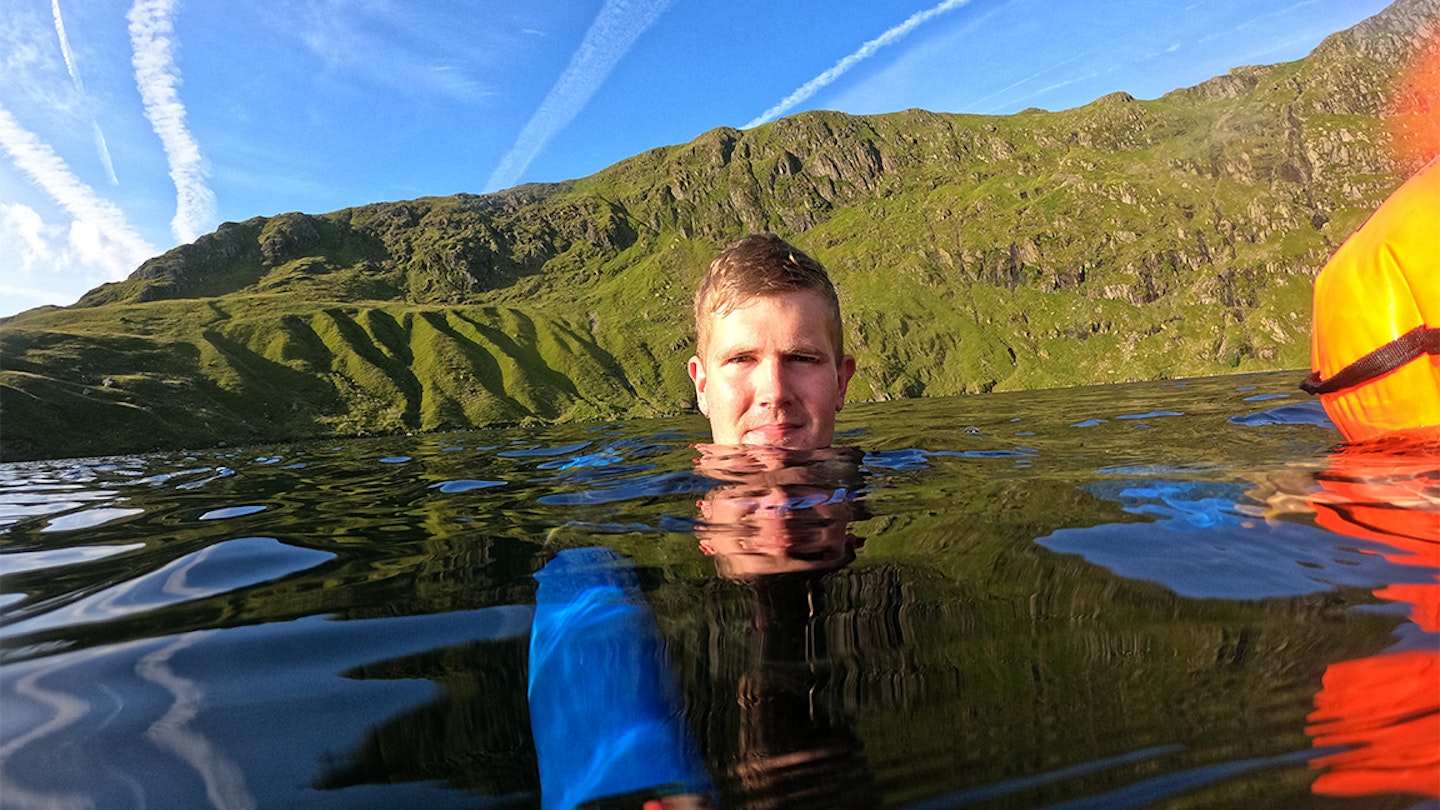
“You’ve got to find other ways to drain stress and let steam off. One of the benefits of injury is that you learn to find more tools for your toolkit. This is when we do all the strength and conditioning and stretching that we normally couldn’t be bothered to do. The challenge of Long Covid has been that I’ve not been able to do anything.
“Normally if I can’t run, I’d get out on the bike or go and do hill walking. But actually, at first my body would shut down even if I tried to do that. There’s no protocol for long Covid. It’s the long haul. Because of that, it has been mentally the most challenging time in my life.
"You learn to define yourself, you’re not just a runner, you’re lots of other things. It’s about accepting the situation, not trying to fight it. What helps me through is that one thing I could do was open-water swims. It literally kept me afloat. When I can get back to training eventually, my next challenge is going to be combining running and swimming.”
How did you pick yourself up and keep moving forwards after setbacks?
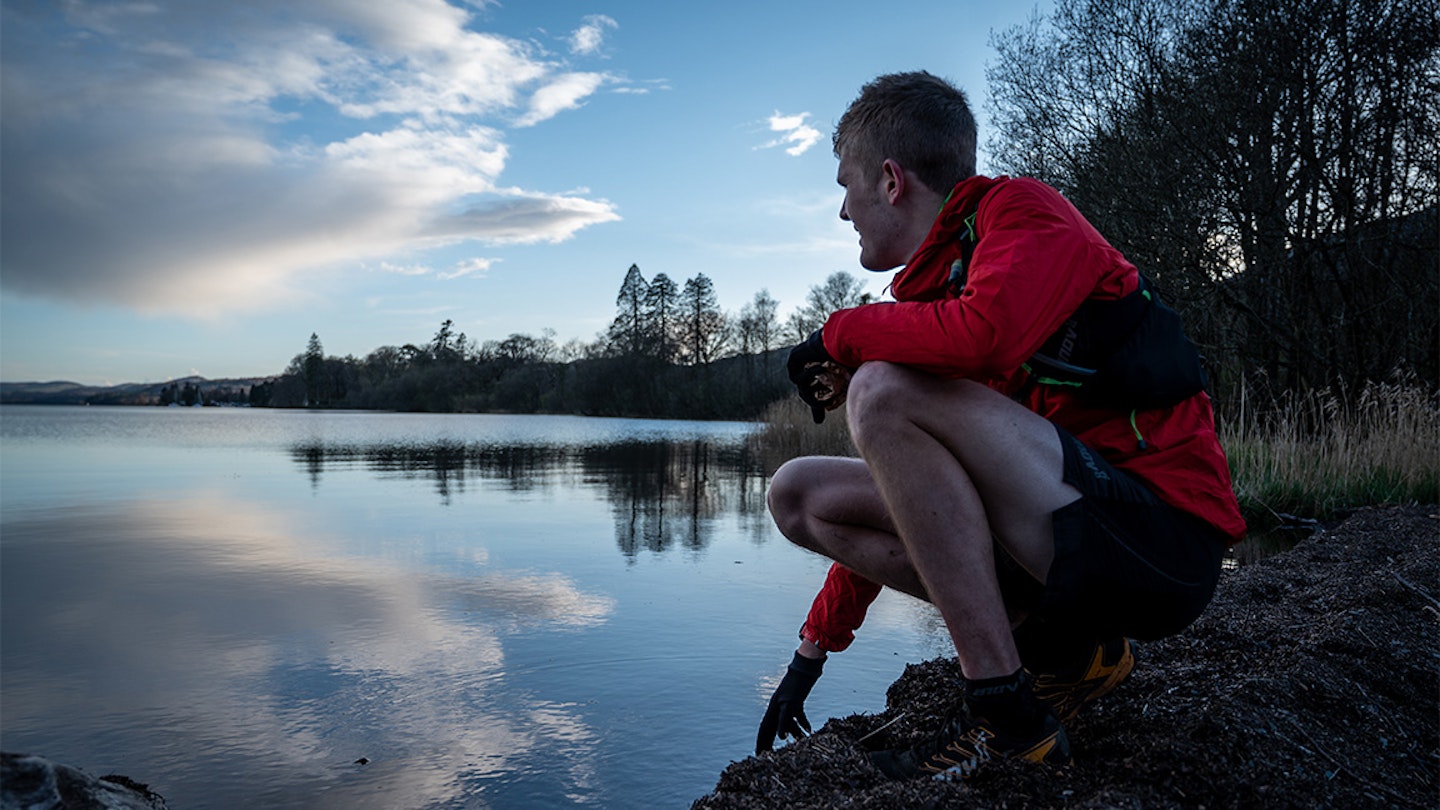
“With the outdoors, it’s about setting your own challenges. That builds resilience to help you deal with the things you can’t plan for - like the pandemic, like the avalanche at Everest, and having Long Covid now.
“Whether the challenge is on the mountains or in everyday life, having the right people around you to give you perspective is really helpful. Having a sense of purpose and knowing that you’re making a difference. Even if I can’t achieve and do things in the outdoors, what can I do? It’s about controlling the controllables.
“We all need to let off steam, but then you’ve got to think about - what’s the opportunity? What can I do to make this bad situation into a positive? For me, that’s fundraising and writing; being able to share my experiences. If I can help other people, that makes the situation much more manageable. Probably the most important thing is knowing that this will pass. Trust the process.”
Eating disorders can be hard to manage when injured, have you found anything that’s helped you cope?
“Being really honest, no. Being able to swim did, because I was still getting outside and keeping active. I’m pretty pleased with myself that I’ve managed that without any major relapse. That for me is the biggest milestone in my recovery.
“Knowing that I’ve got to focus on my long-term recovery and giving my body what it needs to do that, also that the body’s pretty good at managing itself when we allow it to. Being able to be active in other ways, even if it’s just going for a walk, setting routines, and just letting my body do its thing. Stress is a big trigger for Long Covid, so I need to not stress about calories. I know I will get back to where I was, I’m not that far away.”
What helps you stay motivated?
“There’s been many times when I’ve not been motivated. Like everybody, I would just watch films on Netflix instead. That’s part of the rest and recharge. Being okay with that is fine.
“During my experiences on Everest when I was younger made me realise how fragile life is. We’re all on borrowed time. Someone asked me once what I do in my spare time. I don’t think there really is such a thing as spare time, because I want to be using that well to be the best that I can be, to leave something bigger behind. Having a clear sense of purpose and goals are what drives me forwards.”
Tell us about Mind Over Mountains
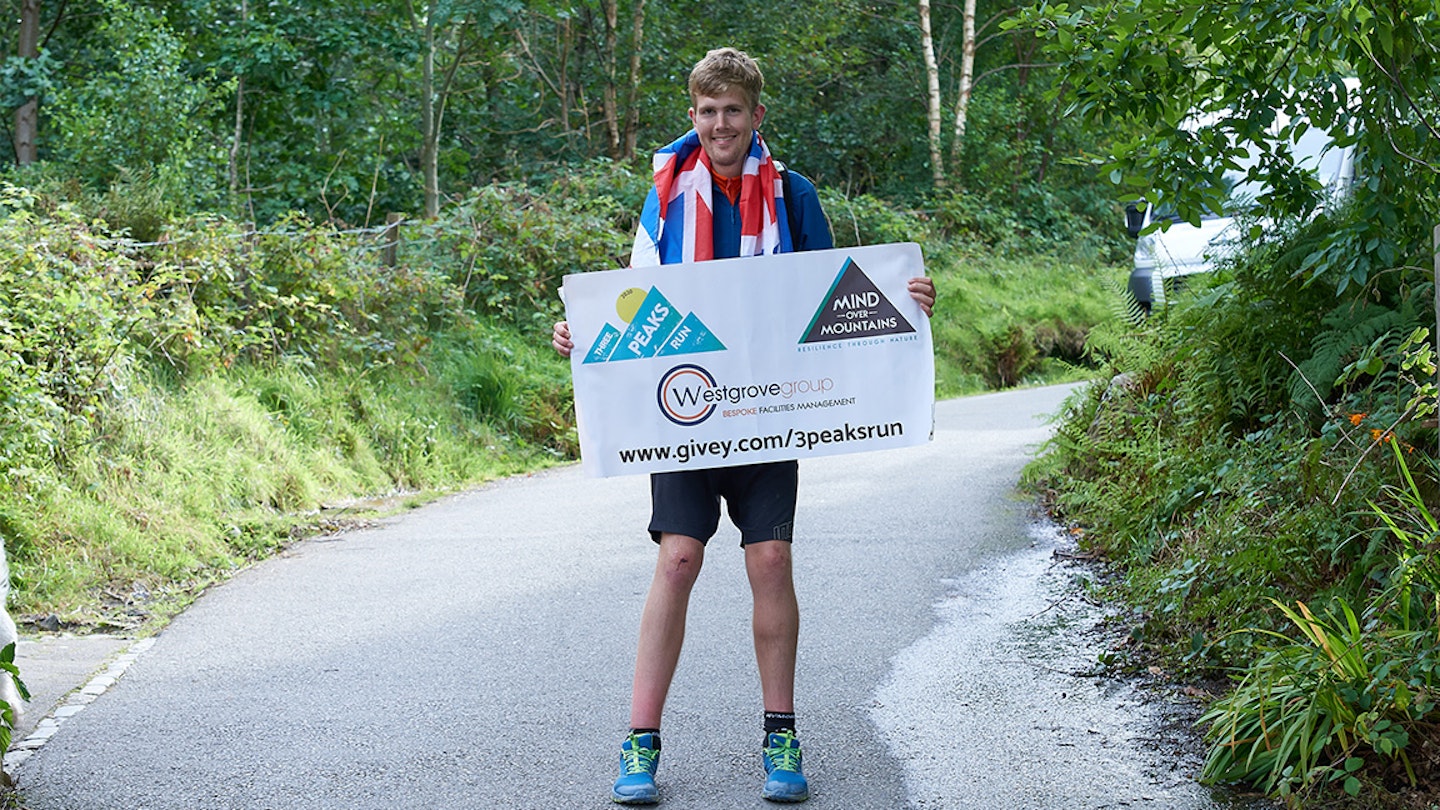
“Mind Over Mountains became a registered charity in 2020. It came about in 2018 when I was invited by a group called Adventure Uncovered to help them lead an event in the Lake District promoting the benefits of walking for mental health. Being outside has always been my way of managing the peaks and troughs of mental health, and I think everybody should have access to that.
“We combined this walk with group coaching, mindfulness, inspirational speakers and counselling, to essentially give people this safe space to walk and talk with likeminded people. No judgement, no pressure. We found that weekend retreat had a really life-changing effect on that group.
“Since then, we’ve grown very quickly. We provide day walks and weekend retreats all across England and Wales, working with all sorts of people over 18 with a range of mental health conditions, and some who aren’t diagnosed.”
Along with being a motivational speaker, Staniforth has written two books which recall his first-hand experience of living through the two biggest disasters of Mount Everest history and returning home to take on adventure challenges closer afield, while dealing with the undulating effects of mental ill health.
Top image: Andy Milton Photography
